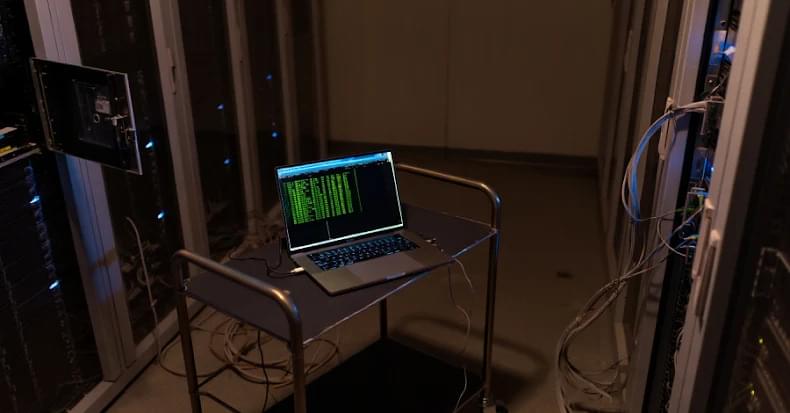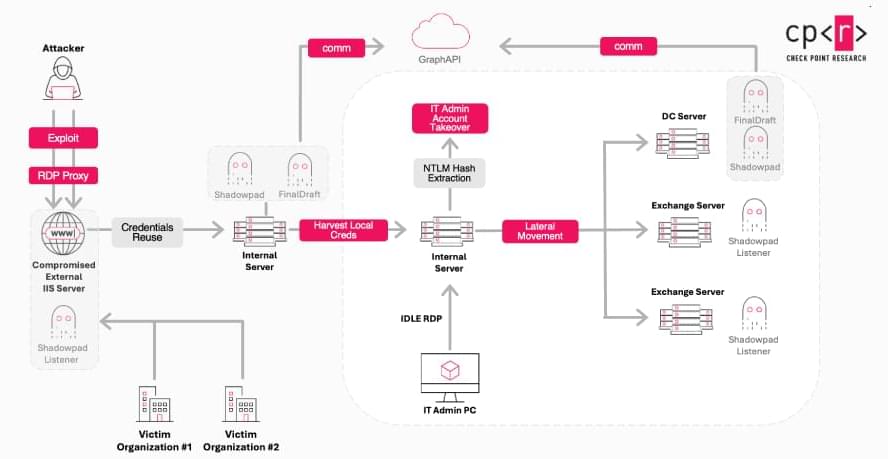#neuromorphic #computing #futuretech
By Chuck Brooks, Skytop Contributor / December 3, 2025
Chuck Brooks serves as President and Consultant of Brooks Consulting International. Chuck also serves as an Adjunct Professor at Georgetown University in the Cyber Risk Management Program, where he teaches graduate courses on risk management, homeland security, and cybersecurity.
Chuck has received numerous global accolades for his work and promotion of cybersecurity. Recently, he was named the top cybersecurity expert to follow on social media, and also as one top cybersecurity leaders for 2024. He has also been named “Cybersecurity Person of the Year” by Cyber Express, Cybersecurity Marketer of the Year, and a “Top 5 Tech Person to Follow” by LinkedIn” where he has 120,000 followers on his profile.
As a thought leader, blogger, and event speaker, he has briefed the G20 on energy cybersecurity, The US Embassy to the Holy See, and the Vatican on global cybersecurity cooperation. He has served on two National Academy of Science Advisory groups, including one on digitalizing the USAF, and another on securing BioTech. He has also addressed USTRANSCOM on cybersecurity and serves on an industry/government Working group for DHS CISA focused on security space systems.







